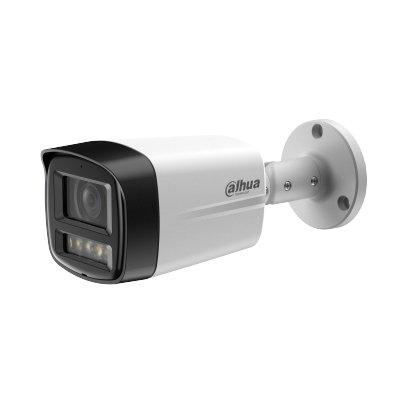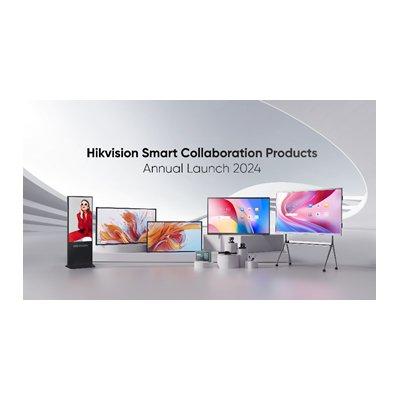 |
| Whether you are a contractor, installer, dealer or systems integrator depends on where you live and how you are perceived by the real world |
Because I have been in the industry for a considerable amount of time, I have seen quite a few changes, albeit the bulk have come over the last five or so years. Before that, the advent of the digital dialer was our big innovation – that tells anyone with any history in the industry just how far back I go! But today, change is fast and furious, as we move systems onto the network and focus on the cloud and remote connectivity. The security industry is in a perfect place to take advantage of innovation, but we don’t seem to be doing so. It could be part of the decades-long identity crisis the industry is having, or a perception about who we are that we just can’t shake.
Are we contractors, installers, dealers or systems integrators? Guess it depends on where you live and how you are perceived by the real world. But maybe any and all of those labels are holding us back.
Many of those in the security industry used to call themselves dealers, but that had a bad connotation and alluded to “trunk slammers.” Put the word “alarm” in front of it, and it doesn’t sound too condescending, but it’s still not the image we should be portraying.
I had a conversation with someone recently about those terms. In the U.S., we call ourselves “security dealers,” but in the U.K. (I understand), they use the nomenclature “installer;” hmmm, are they onto something? And I also asked someone about the difference between an alarm installer and a systems integrator. All I got was a perplexed look.
When I was a print magazine editor, we struggled with those terms all the time, because those were our readers, but we couldn’t really define the audience, and the audience couldn’t define itself. I tried to explain the term ”systems integrator” to the members of a committee of the chamber of commerce I belong to, and they didn’t get it either (except for the Comcast business services member who immediately nodded his head in the affirmative). We know the systems integration industry is fragmented, and comprised of so many different types of businesses and specialties – so who are we?
I had a conversation with someone recently about those terms. In the U.S., we call ourselves “security dealers,” but in the U.K. (I understand), they use the nomenclature “installer;” hmmm, are they onto something? |
I’ve also heard this definition: an alarm installer is focused on recurring monthly revenue (RMR) and a systems integrator is focused on selling the entire solution, usually a large enterprise installation, and doesn’t focus on the RMR. That always confused me. If it’s a large installation, shouldn’t there be a lot of RMR associated with it? Instead, the systems integrator makes a profit on the hardware and doesn’t have to worry about RMR, opting to leave money on the table.
Change the Identity with a Shift in Attitude
Maybe those names don’t matter anymore. Maybe we need a massive shift to “total solution provider.” When you are a total solution provider, you’re focused on services, and that’s the future of the industry. No more trying to squeeze profits from commoditized products or monitoring. Sure, there may be some profit in hardware, but the real value lies in servicing the customer. Hasn’t every other industry learned this long ago?
Servicing the customer makes many situations palatable. When you are a trusted solution provider, the customer becomes indebted to you and your service. You become “sticky” to them, and they get a little nervous when they think about what they would do without you. You make money on everything you do – and transform your boxes business into something bigger than anyone ever imagined.
Of course there’s much more involved in being a total solution provider: you have to follow through and totally embrace services. Not just video, intrusion and managed access control, but energy management and critical temperature monitoring. What about lighting and networking and remote connectivity to control every piece and parcel of the home or office? How about digital signage and content management services and video analytics? The more technologies you become experienced at, the more services attached to those products. And that means there won’t be an identity crisis any longer, because you’ll finally know how to achieve success.









































